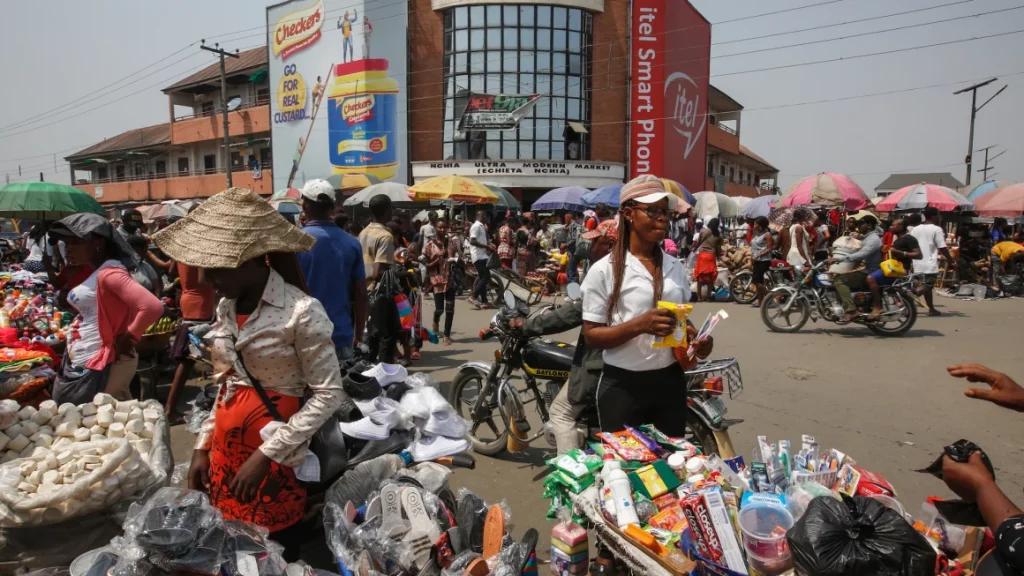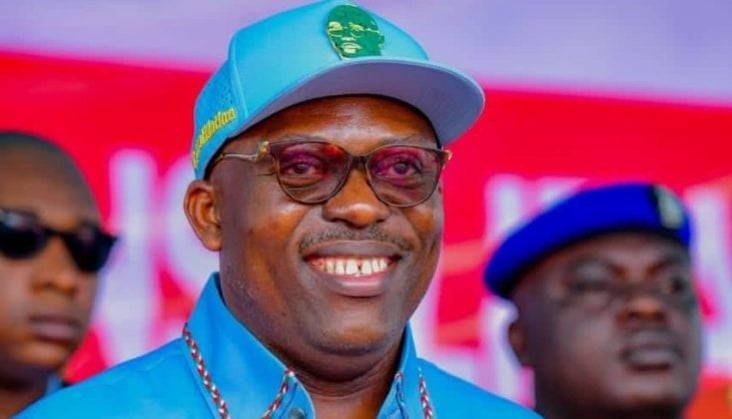In the oil-rich heart of Nigeria’s Niger Delta, Rivers State stands at a pivotal moment. Despite its abundant natural resources, the region has long grappled with challenges such as oil theft, sabotage, and high unemployment. However, a unique opportunity to transform these adversities into avenues of prosperity is on the horizon, according to Sanusi Lamido Sanusi, former Governor of the Central Bank of Nigeria.

Sanusi, who spoke at the recent Rivers State Economic and Investment Summit (RSEIS), urged for better management of the state’s considerable resources. “With rich abundant land, resources, and a strategic location, Rivers can become a premier investment paradise in West Africa if the right actions are taken,” he declared during his keynote address at the Dr. Obi Wali International Conference Centre in Port Harcourt.
Themed “Rivers Emerge: Advancing Pathways to Economic Growth and Sustainability,” the two-day summit showcased Rivers State’s ambitions to pivot from a narrative of exploitation and environmental degradation to one of industrial rejuvenation and economic inclusivity.
Governor Siminalayi Fubara underscored his administration’s commitment to transforming Rivers State into a vibrant, investor-friendly environment. “We are working tirelessly to re-industrialize the state and revive numerous production factories that had shut down operations,” he announced, highlighting the administration’s efforts to reinstate Rivers as a key economic hub.
Among the significant measures taken are the prompt allocation and issuance of land titles and certificates of occupancy to prospective investors. Fubara also mentioned a moratorium on state taxes and levies for new businesses, and the harmonization of state and local government taxes to eliminate the burdens of double taxation and multiple levies on investors.
To further bolster economic growth, Fubara unveiled a N4 billion (over $2.7 million) matching fund loan scheme in collaboration with the Bank of Industry Limited. This initiative aims to drive financial inclusion and foster the development of small, micro, and medium-scale enterprises. By providing accessible financing, the state government hopes to invigorate the local economy and reduce unemployment.
Sanusi emphasized that the state’s future prosperity hinges on the capacity of its institutions and the quality of its workforce. Drawing parallels with nations such as Japan, Singapore, Germany, Australia, and Rwanda, he attributed their economic successes to good governance, innovation, and robust educational systems. These countries have flourished despite lacking significant natural resources, showcasing that strategic management and human capital development are critical drivers of sustainable growth.
The roadmap outlined at the RSEIS reflects a comprehensive strategy aimed at attracting diverse categories of investors. With measures to streamline administrative processes, incentivize new businesses, and enhance infrastructural development, Rivers State is poised to redefine its economic landscape.
Governor Fubara’s vision is clear: to replace the pervasive sense of hopelessness with hope, leveraging the state’s substantial oil wealth to create an environment where businesses can thrive and the population can enjoy improved living standards.
As Rivers State embraces this transformative journey, it stands as a beacon of progress in the Niger Delta, promising a future where its vast potential is fully realized. With the concerted efforts of its leadership and the active participation of its people, Rivers State could soon emerge as a leading economic powerhouse in West Africa.





